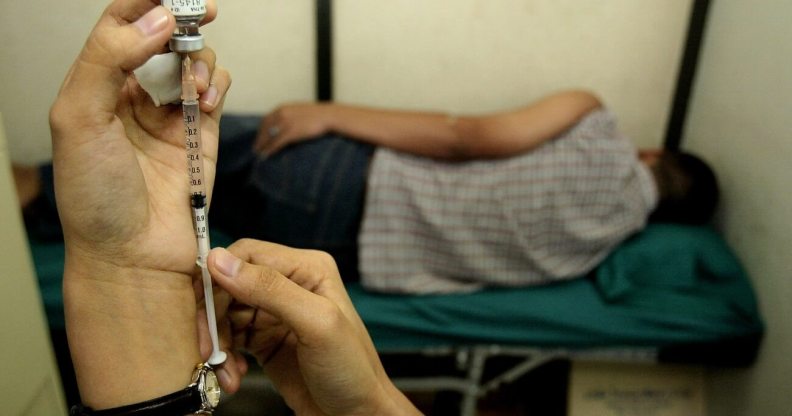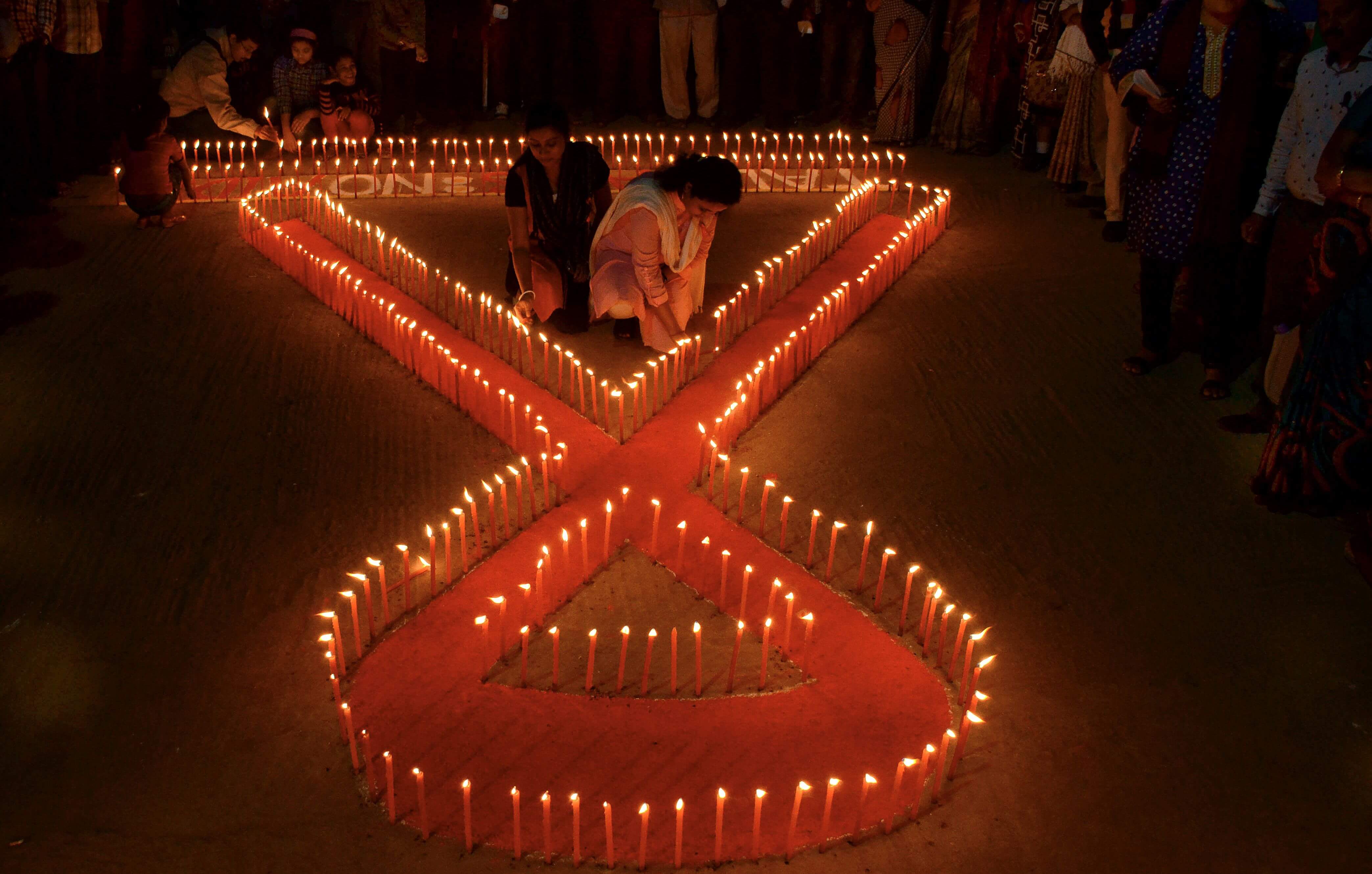Huge breakthrough puts scientists ‘one step closer’ to HIV vaccine

Researchers have said humanity is “one step closer” to a vaccine for HIV after the latest breakthrough.
Scientists at the University of Nebraska-Lincoln have engineered an on/off switch on to a weakened strain of HIV.
This would allow them to spread the virus throughout someone’s body, before deactivating the strain after it has immunised the host.
Around 35 million people have died of AIDS since the epidemic began, while 36.7 million are still living with HIV, according to the World Health Organisation.
A weakened virus is generally preferred by scientists because it has the potential to produce a stronger and longer-lasting immunity in patients.
However, weakened viruses – as opposed to deactivated viruses – still possess the ability to replicate and spread disease instead of an immunity.

The Nebraska researchers began tackling this problem in 2014, and the technique they’ve developed and written a study about earlier this year could be one of the safest anywhere.
“Safety is always our biggest concern,” said Wei Niu, associate professor of chemical and biomolecular engineering, who was one of six researchers on the study.
“In this case, (it means) we’re one step closer to generating a vaccine.”
Qingsheng Li, professor of biological sciences, said the method could also be expanded to potentially eradicate an array of viruses other than HIV in the future.
So far, the group has only tried out its technique in a petri dish, but hopes to start testing it on small animals in the next year.
Li said that would be “the big milestone. If that works well, we need to go to the pre-clinical animal model before going to a clinical trial. That’s our goal and road map.”

